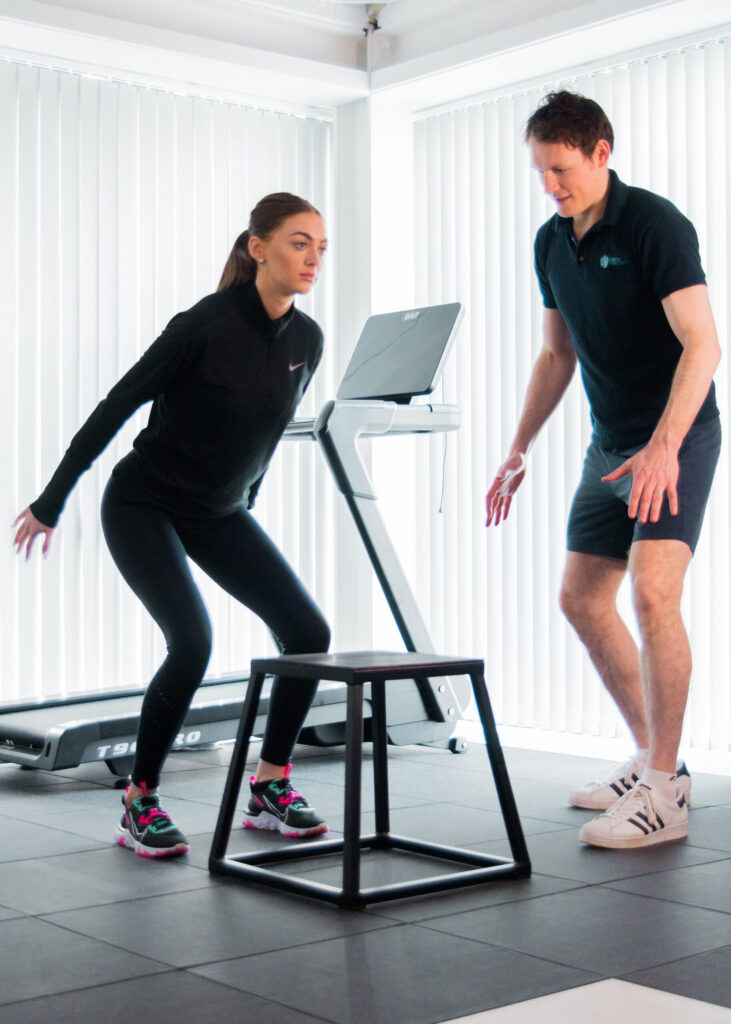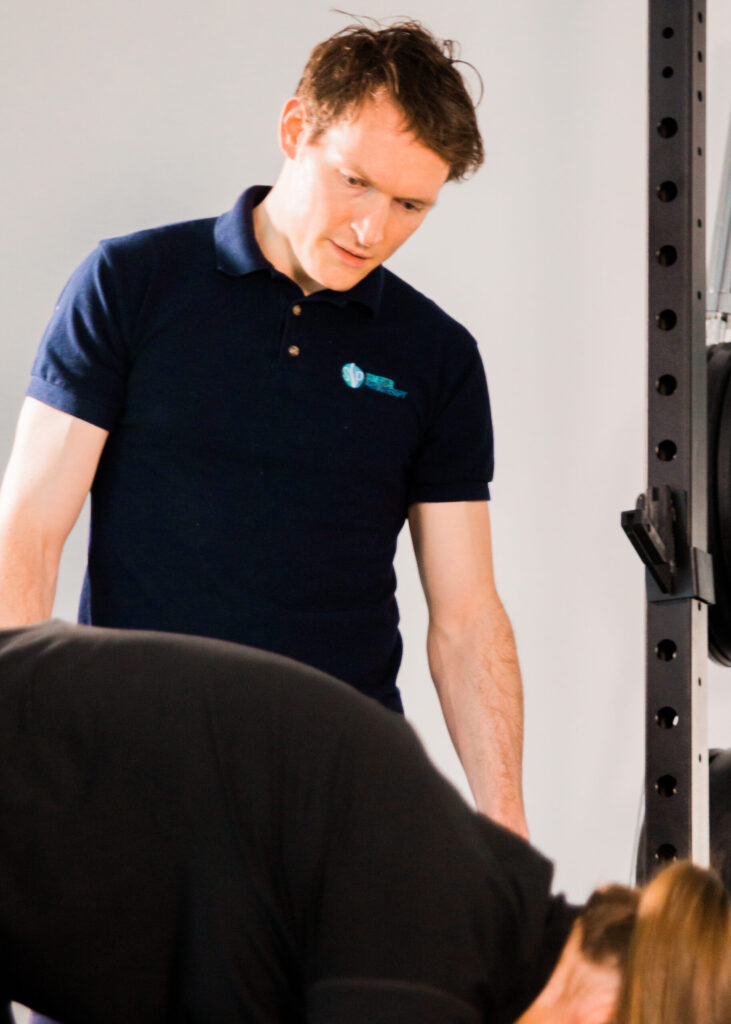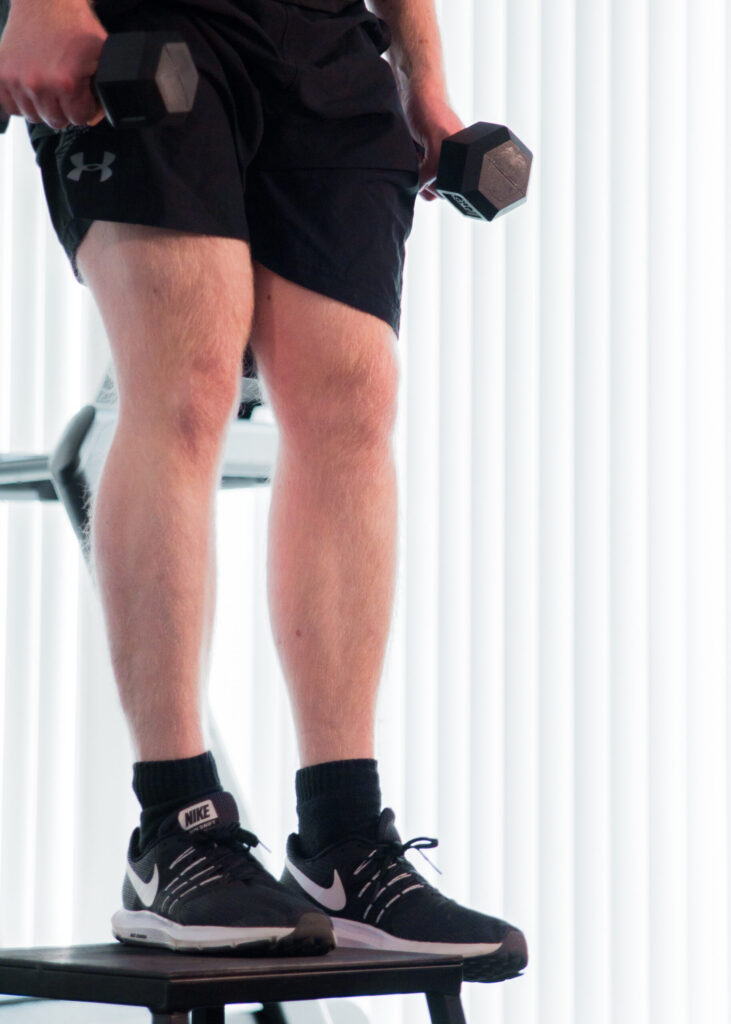When we return to field sport after a break or when the good weather arrives and convinces us to squeeze in those extra miles and push ourselves harder to get back to peak fitness, there is one key area that cannot be overlooked when it comes to performance – RECOVERY!!!
The world’s top athletes know that recovery is key for overall performance, health, wellbeing and future injury prevention. When training it is important to bear in mind this simple but important equation: performance= fitness – fatigue. No matter how fit we are and how much we train, if the recovery level is not enough fatigue will sap the energy from your fitness and negatively impact your performance. Remember optimal training will build your fitness but it is recovery that reduces fatigue, allows you to perform at your best and reduces the potential for injury.
Keeping the importance of recovery and stress management in mind, here are a few of our top tips to help you battle fatigue, stay fresh and injury free:
Plan your training:
Plan your training so that it changes gradually and incorporates recovery periods. Latest research has shown that the greatest risk factor for injury is training error (Please see Training injury and the role of load article for more detail). One approach that can be taken is to include a recovery day after a long run or speed sessions. Another approach would be to have de-loaded periods during long bouts of training. This is a technique we use when rehabbing long term injuries such as ACL reconstruction. The Idea would be that every four to six weeks you would reduce your mileage significantly to allow for tissue recovery. Make sure you listen to your body so you know when to adapt your training!!!

KIS (Keep it simple)
Cryochambers, ice baths and expensive ‘recovery devices’ may look and sound cool but the evidence of their ‘actual’ influence on recovery is sketchy at best.
Sleep is Key!!
Aim for 7 to 9 hours sleep per night. The more you train and compete the more sleep you need to recover from those tough sessions. To try and improve your sleep duration and quality try these simple hacks:
- Keep a regular schedule of going to bed
- Get up at similar times
- Reduce ‘screen time’ before bed
- Avoid caffeine, alcohol and nicotine in the hours before bed
- Consider a mid-day nap to boost alertness and to compensate for sleep deprivation
Emotional factors
Research has shown that stress plays a significant role in likelihood of getting injured. The more stressed you are the more likely you are to feel pain and suffer a performance altering injury. Therefore it is vitally important that we recover from emotional stress too. Find strategies to reduce stress and improve mental wellbeing such as relaxation, meditation or mindfulness.
Find Balance in life
Try to achieve a work/life/training balance. Working long hours is hard and being really stressed and training can be the perfect ingredients that can lead to injury. To achieve a good balance try to plan your time, prioritise what is most important and try to adapt your expectations.

Health and training
Lack of recovery affects your health. Illness, coughs and colds are a common consequence of over training without adequate recovery. ‘Burning the candle at both end’ will lead to lost training time and will limit your performance.

Routine
Develop a post-exercise routine to optimise recovery. This can be anything from listening to your favourite music, having a bath or simply relaxing with a good book.
Fuel that fire
Learn what food works for you to fuel your performance and take on additional fluid to help compensate for losses during exercise. It’s best to learn this in training rather than experiment in a race!


Support
Get a good support team around you and plan ‘downtime’ with family and friends. Don’t miss out on your social life by constantly training. However, as the pubs start to open post COVID do bear in mind that lots of late nights and drinking will slower your recovery.
Ask for help
Speak to a Nutritionist for expert dietary advice tailored to your needs or consult one of our physiotherapists to guide you through your training. Seeing a counsellor can also be a great help if struggling with stress and mental wellbeing.
If you are looking for a Physio in Dublin 15, you can book in to see one of our experienced Physio’s to get a more individualised assessment and treatment approach.
To get in touch email us on [email protected] or phone us on (01) 9069566 . Follow us on Instagram for physiotherapy and clinic Updates.



